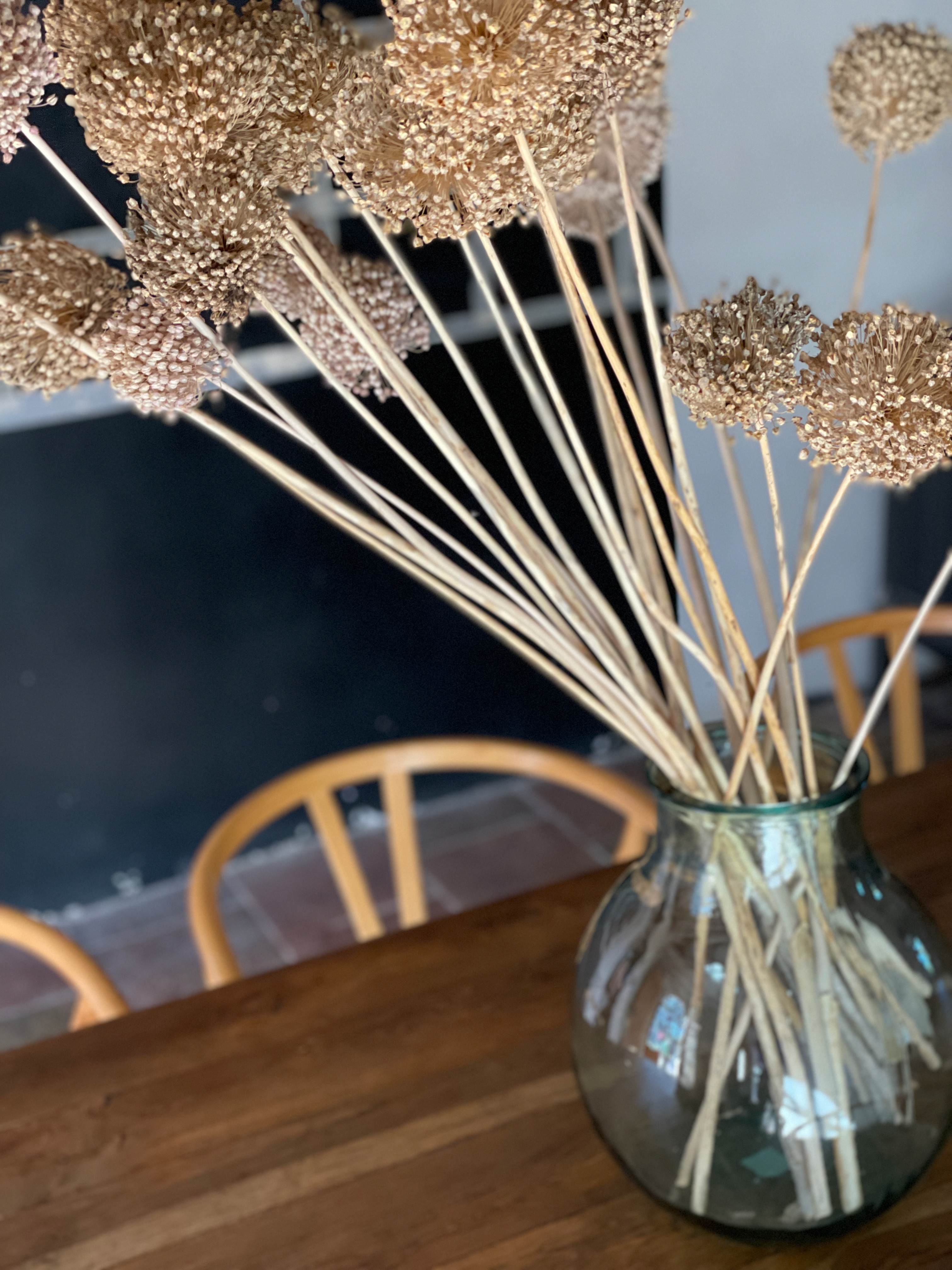
"Technological progress has merely privided us with more efficient means for going backwards."-Aldous Huxley
Our daily life shapes us in ways we usually don't realize affects us in a deeper sense. Our society has shaped many things around us that we have had to grow used to and just find ways around us. Civilization is always moving forward and with this inevtibale force of progress a lot a different intrinsic values are written. It is easier to judge others from one's own perspective but hard to do it for one's self when needed. In this case I question myself in which ways is my design ethical. The question of ethics and values is very subjective. But then there's also the cultural, family and educational values that we have to take into account. There are several standards of ethics that are believed to be universal and managed by a set of rules or laws, but they all still differ from country to country. Technologies are a good way to analyze and materialyze the values that a society has. We can call technology many different things and not necessarily things related to electronics. Technologies are the tools we use to enhance an action. We can become part of this technology and integrate it into our bodies, activities, routine and systems. They can be used then in an ethical way or a non-ethical one. But how do we define this thin line?
People have tried to define this judgement with a lot of ways, one of the tools that help a lot are these questions you can make yourself to understand if your product/project is ethical or not. You can try to combine your imagination with your current knowledge to have a criteria if wether your project is ethical or not. With these questions I proceeded to question myself and my current course project to see how ethical are they really.
I'm currently working on a collective called SlowLab. We are focusing on exploring alternatives to our everyday systems which we are so used to and try to provide a change which is less harmful for the natural ecosystems. This involves a change of habits and mindset. We are trying to bring back some ancestral knowledge on how we were using the technologies around us to perform our daily survival activities and we didn't feel the need of another app to guide us through the process. We used to be much more patient and understanding of the things that were happening around us. We used to understand the timing of nature and seasonalities. We based our rituals around our natural processes and we adapted to them creating synergies and taking the most advantage out of the tools around us. Now with all the advancements we have it's hard to not think of a smart and advanced way to do stuff. But we never stop to think about the consecuences of our actions and right now the climate crisis is in need of us to act before it's too late.
I believe my project could be considered ethical to some extent. We do in fact promote a resilient lifestyle and try to move people towards living a more independent life from fossil fuels and all of this energy providing companies that just have us hooked to them. For how the society works today age it's hard to make this systemic change. It is true that this will demand a lot of effort and commitment from individuals. Considering the future vision of this project I would say that people will stop feeling intimidated by this alternatives and start familiarizing with new methods of doing things. We became so dependent on big industries and reliant on mass manufacturing that we've stopped trusting our skills. People might feel empowered again by seeing that their own knowledge and actions give positive results. This may also have as consecuence that we unite more as a society exchanging ideas or resources like the veggies grown at home with our neighbors.
Some other may consider that we are lacking efficiency and accuracy in stuff. They might try to argue that the common electrodomestics are more reliable because they're easier to use and time saving. I don't really think this will affect our project if we know how to communicate well our idea and attract the type of target we want which is people that are more conscious with our environment and our impact. Our purpose is not to provide faster, easier and more accesible solutions to warm up your food or cool things or obtain electricity. We want to change the way we think about immediacy and how we take and use stuff around us. If we start to give value back to the process of things then we can decrease the pace in which we live and enjoy them more. It's not about reducing time but about making the most out of it and enjoying it. We are alsoa directing towards using less fossil fuels and not depending on the bigger companies to supply resources to us but rather achieving a level of self-sufficiency. It is hard to reach this goal in cities were everything is regulated by big entities and we are so many people that it's hard to organice. But this could be a start and we don't need to go to the extreme but start somewhere and reduce the emissions we generate everyday.
One of our main concerns is the fact that there's risk while building Solar Ovens and eating something that's not well cooked or that people don't relate to or would never have at home. Aside from that they also need to be user friendly and people would ideally enjoy the process of doing it turning it into a daily ritual like our ancestors used to do. This is definitely something I strive for in my personal life and I would love to see a transformation of our society in which we are more connected to nature which will make us be more empathic. If we start by respecting nature around us then we can respect each other as human beings and it can lead to a decrease in human unsafety. Our solutions are low-tech meaning that they can be built with minimal materials and expenses and what we like about them is that they're taking away the conception of design ego in which everything needs to be fancy, expensive and high tech. This sometimes drives people apart by classifying them into the ones able to afford something and the ones that are not. We want to take away the elitism of product design and technologies. It is complex to imagine all the possible ethical implications of one's own project but I am really intrigued with starting to question the things that we do and the possible implications so we can design more responsibly.

